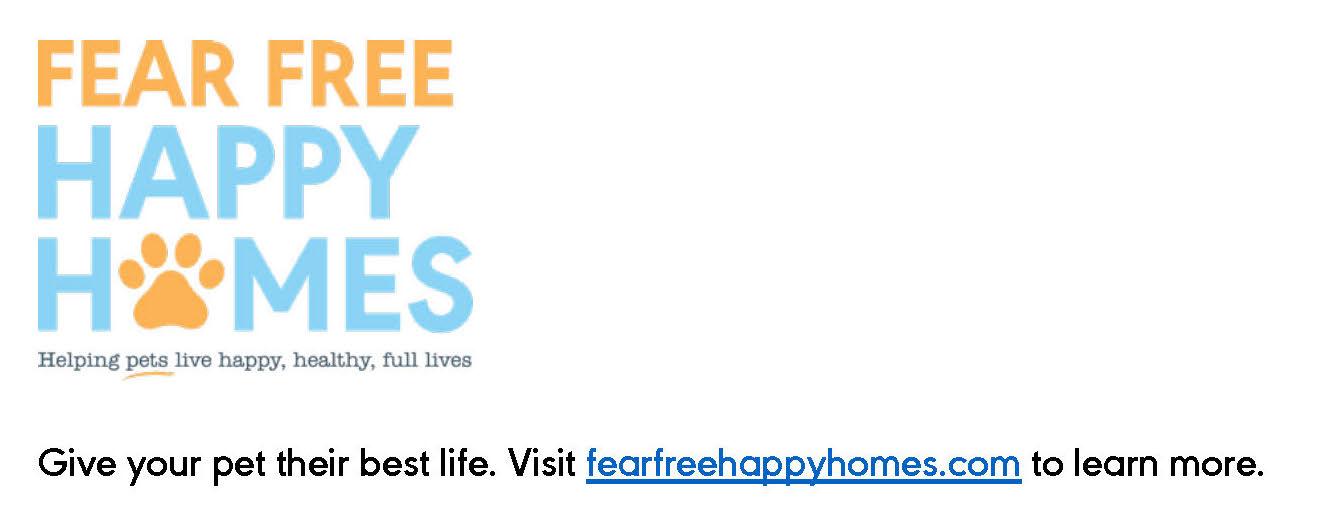Library
-
Anesthesia-free dentistry is commonly offered at pet stores and grooming facilities. It is more limited than veterinary dentistry, and often a higher-stress option with more potential for injury from sharp instruments. Dental cleanings should only be performed while your pet is under anesthesia. Your veterinarian will customize your pet's anesthetic plan for your pet's overall health.
-
Many pets are sensitive to being restrained for grooming. With slow progress and positive rewards, your pet can learn to accept or even enjoy having their teeth cleaned.
-
Dental X-rays in cats are similar to those taken in humans. In many cases, intraoral (within the mouth) dental X-rays are necessary to identify and treat dental problems in your cat. Nearly two-thirds of each tooth is located under the gum line. Your cat will need to be anesthetized to accurately place the X-ray sensor and perform a thorough oral assessment, treatment, and prevention procedures.
-
Tooth resorption in cats is a painful condition with no known cause. The most affected teeth are the premolars of the lower jaws. Tooth resorption is divided into specific types based on the X-ray appearance of the tooth root. Signs and treatment are discussed.
-
A tooth root abscess develops when bacteria enter the exposed root canal of the tooth. The abscess may leak directly into the oral cavity or may leak out onto the skin. A tooth root abscess is painful and must be treated as soon as possible. Signs and diagnosis are discussed. Treatment options include root canal therapy or extraction.
-
Cats can have misalignment of the teeth much like people. In people, orthodontic care can be used to perfect a pleasing smile or create a functional bite. In cats, the goal is to make the mouth functional and pain free. Often, this involves moving, reducing the height of teeth, or extracting teeth.
-
Regular preventive health care for your cat can increase the length and quality of her life. Healthcare guidelines are established and kept up to date using the most recent evidence-based recommendations including the recommendation that all cats receive a complete veterinary examination at least once a year or more frequently, depending on their individual needs and health concerns.




